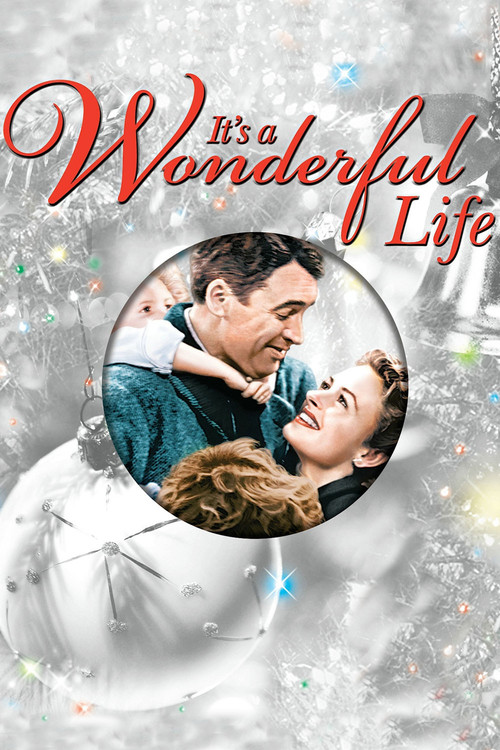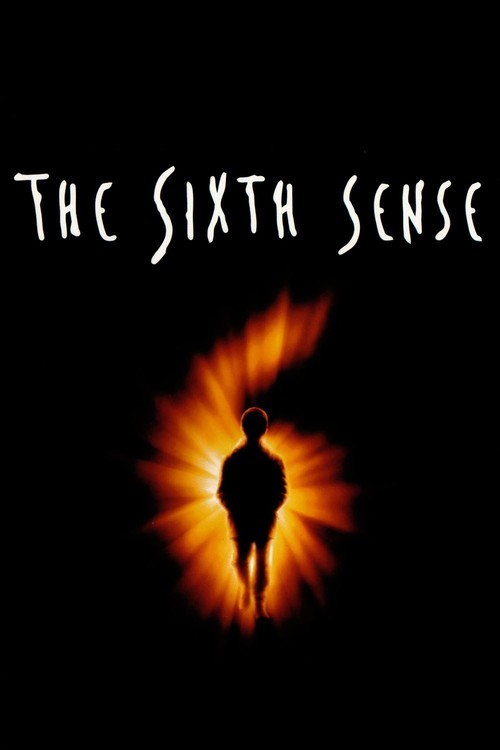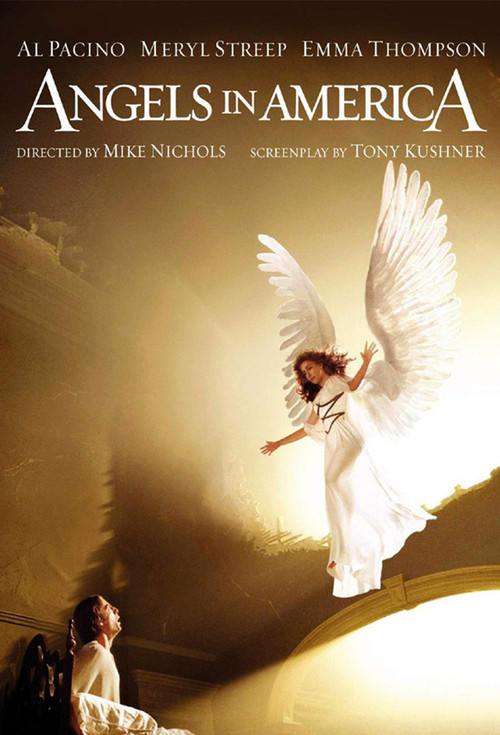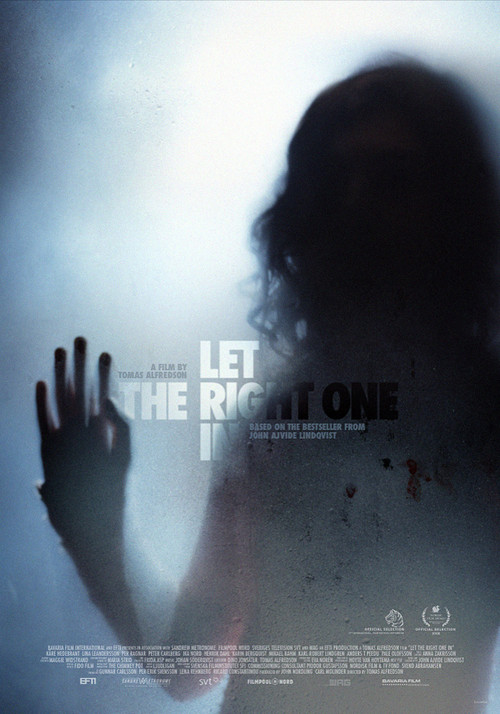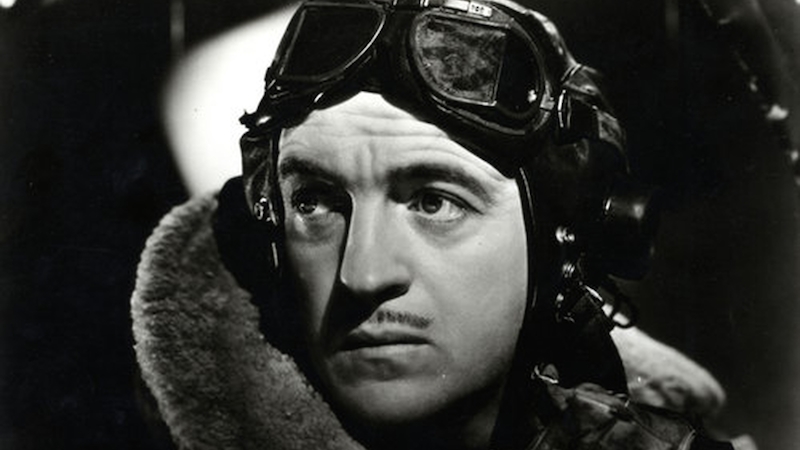
Film lets us envision other worlds, and the world we're most curious about is one we all hope to visit eventually: the afterlife. It seems the corridor between earth and the Great Beyond is a short one- comprised of a single step- as we learn from the stories of characters taking that final stroll.
In our divine gathering of movies that tackle the big question of what happens when we die—or when we don’t die as planned, we immerse ourselves in fantasy. Or perhaps not. Do angels exist, and is there a heaven? If so, where do all the evil folks go? Of course, nobody knows, but visitations from angels or other spirits counter the notion that death brings only oblivion. And that's a comforting thought indeed.
Here Comes Mr. Jordan (1941)
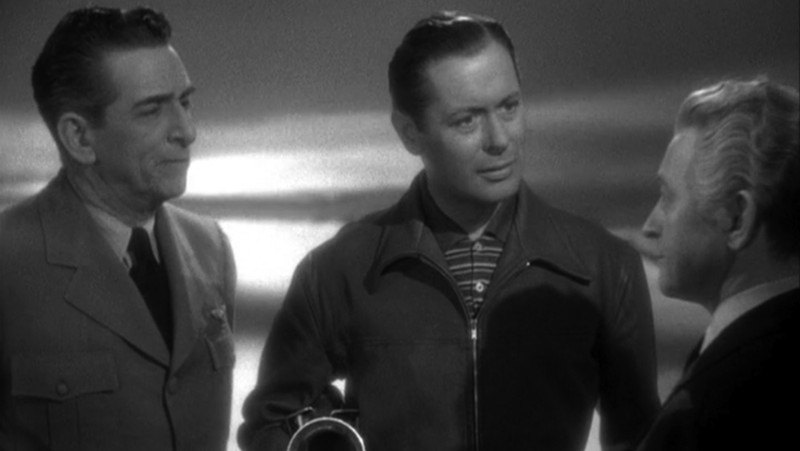
Heavenly Body: Good-guy boxer and amateur pilot Joe Pendleton (Robert Montgomery) crashes his small plane and an angel whisks his soul off to heaven. Not so fast, pal. Angels can make mistakes, it seems, and Joe was supposed to survive the crash and live another fifty years. With his body cremated, another human “suit of clothes” must be found. Eventually, Joe transforms the life of his new persona-the selfish, wealthy Bruce Farnsworth- from the inside out.
Heaven Can Wait (1943)
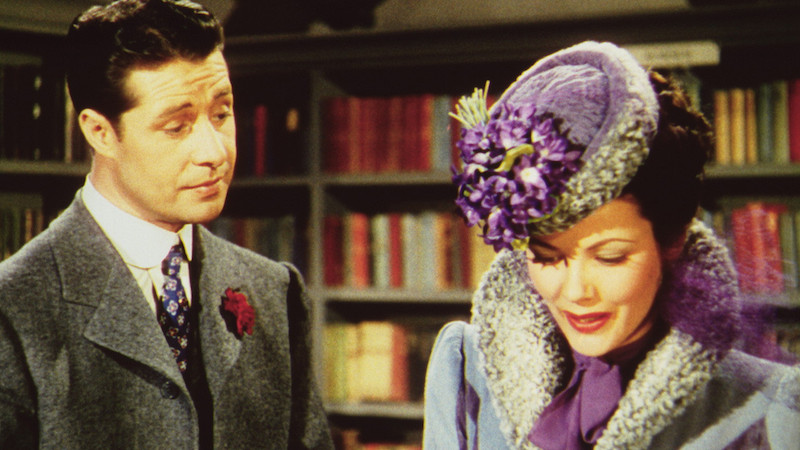
Heavenly Body: On his death, Henry Van Cleve (Don Ameche) is so convinced that he's unworthy of heaven that he immediately sets off in the other direction. But it seems the gatekeepers in Hades need to be convinced he belongs there. To prove his case, Henry recounts a selfish, extravagant, dissolute life- in technicolor. Will he convince his judges, or end up going upstairs?
Stairway to Heaven (1946)
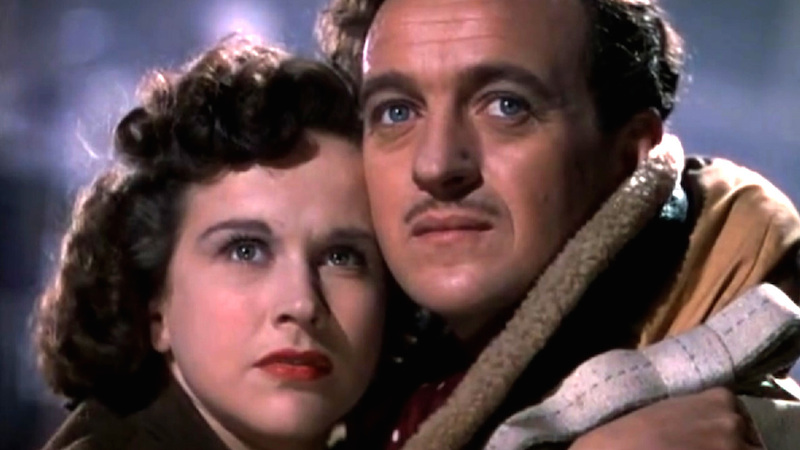
Heavenly Body: When WWII British squadron leader Peter Carter (David Niven) bails out of his damaged plane, he figures he's a goner. Instead, his heaven-sent escort, Conductor 71 (Marius Goring) misses Carter in a thick fog, mistakenly allowing him to survive—but only for a few days. In the meantime, Carter meets June (Kim Hunter), the radio operator with whom he spoke during what he thought would be his last moments on earth. The two fall in love, and suddenly, divine intervention of the highest order is required.
The Seventh Seal (1957)
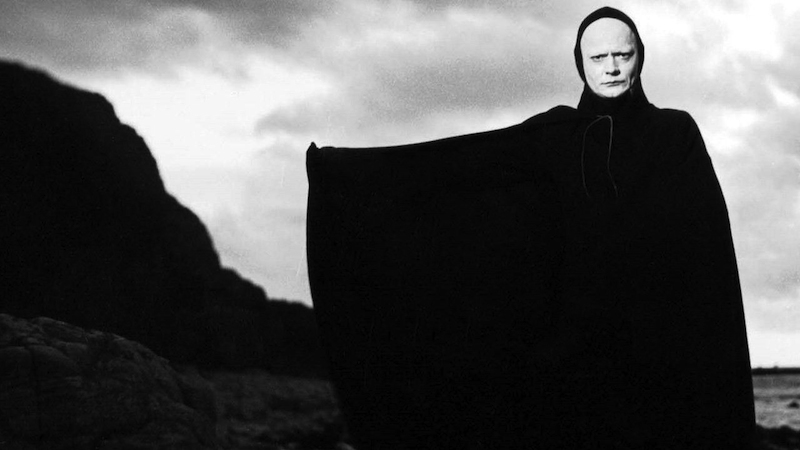
Heavenly Body: Sometimes the angel is the Angel of Death (Bengt Ekerot), as is the case when medieval Swedish knight, Antonius Block (Max von Sydow), returns from the Crusades to find a plague-ravaged homeland. Block attempts to stall, if not defeat, Death through a long chess game, reasoning that as long as the game goes on, Death can’t take him. In one of his most profound outings, Director Ingmar Bergman reflects on life and death, and the mysteries of passage between the two.
Jesus of Nazareth (1977)
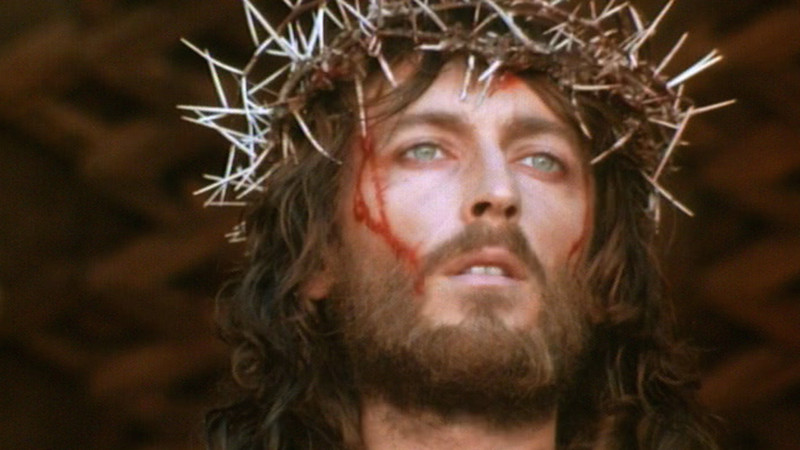
Heavenly Body: The most divine of humans, Jesus of Nazareth (Robert Powell) uses his time on earth as the Son of God to embody virtue, love and compassion. And for this, he earns betrayal and a slow, agonizing death. But the story hardly ends there, as he rises from the dead on the third day, and ascends to his rightful place beside the Father Almighty. We really blew it, but He forgives us. That's a good thing, since Jesus is the first “person” many believers expect to meet in the sweet hereafter.
Wings of Desire (1987)
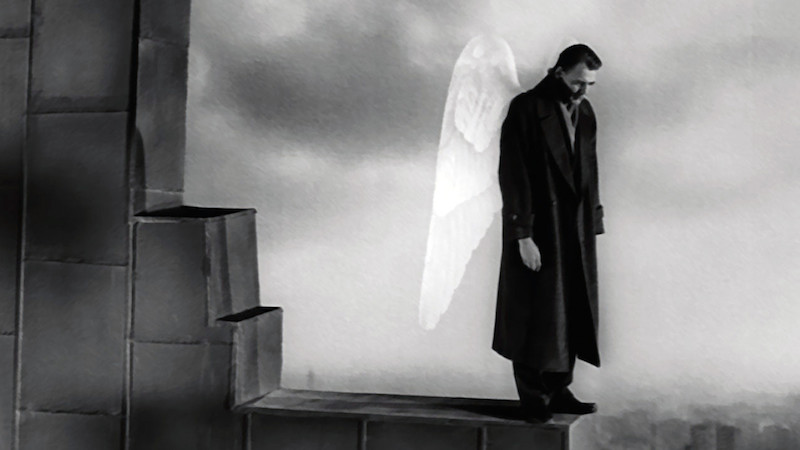
Heavenly Body: The angel Damiel (Bruno Ganz) roams Communist-era West Berlin listening to the thoughts of its inhabitants, and falling in love with one of them- Marion, a beautiful, sad trapeze artist (Solveig Dommartin). Yearning to break free of eternity long enough to experience the tactile world of humans, and to know and be known by Marion, Damiel seeks to become human again. But if he goes down this path, there's no turning back, and no guarantee that Marion will return his love.
Field of Dreams (1989)
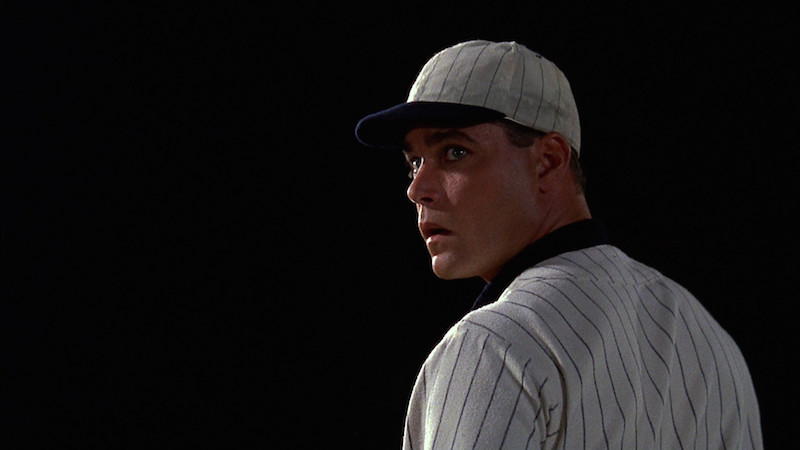
Heavenly Body: Iowa Farmer Ray Kinsella (Kevin Costner) is moved by an otherworldly voice only he can hear to turn his cornfield into a baseball diamond. Miraculously, “Shoeless” Joe Jackson (Ray Liotta), and seven other Chicago Black Sox teammates then appear, the same players who were banned from baseball for fixing the 1919 World Series. It appears that heaven is a ball field, where the game never ends. But it turns out it's not just Shoeless Joe and his boys that the field attracts.
The Rapture (1991)
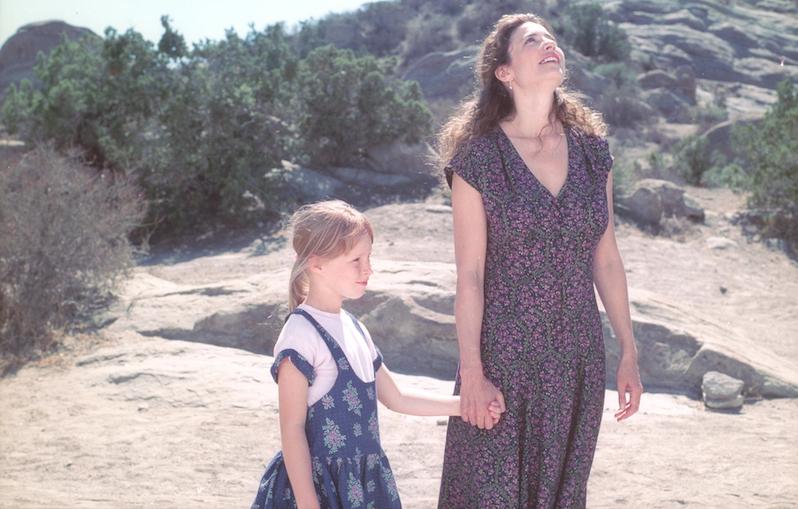
Heavenly Body: Sharon (Mimi Rogers) is a telephone operator who engages in group sex after hours to relieve her stifling existence. She then gets converted to Christianity, becoming born again. Eventually, she receives unmistakeable signs that the end of the world is imminent. After the death of her husband Randy (David Duchovny), she flees to the desert with her daughter, Mary (Kimberly Cullum) to await Armageddon. Sharon also has reason to question God’s benevolence, setting up a true battle of faith as she confronts the coming of the Lord.
The Others (2001)
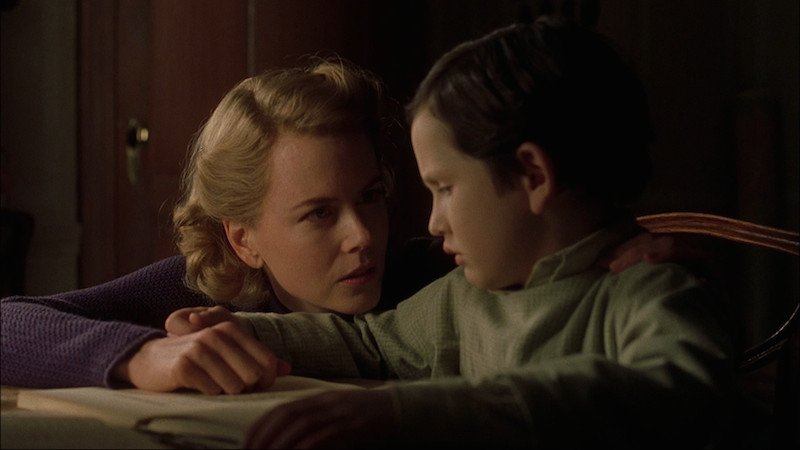
Heavenly Body: Devout Roman Catholic widow Grace Stewart (Nicole Kidman), lives with her two children in a remote country house on the isle of Jersey. The children, Anne (Alakina Mann) and Nicholas (James Bentley), both suffer from a rare disease that will kill them if they get exposed to sunlight. The family believes they are not alone in the house, as odd, supernatural occurrences keep happening. It may even be that some of their recent visitors are not of this world. Any doubt about an afterlife is soon erased.
Tree of Life (2011)
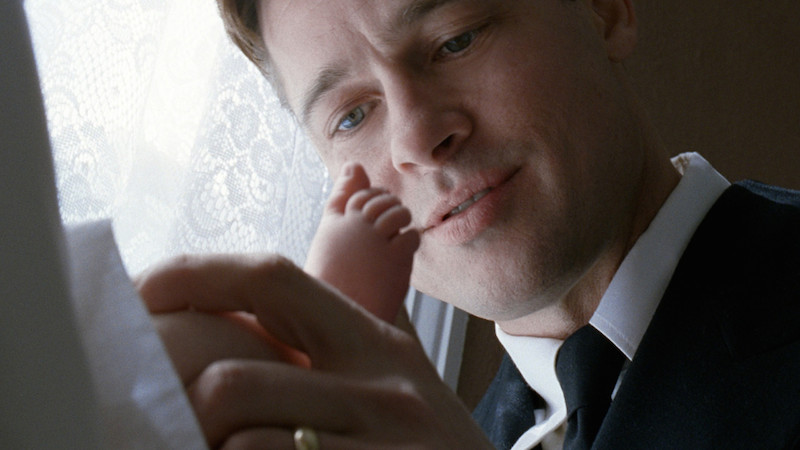
Heavenly Body: There is life after death and there is life before life, all of it part of a great continuum. Jack O’Brien (Sean Penn) advances this theory as he reflects on his small-town Texas upbringing, and especially his difficult, maddening relationship with his father (Brad Pitt). Still, what's the result of this profound sense of continuum? For Jack, it leads to a vision of heaven and a reconciling of his past- an outcome devoutly to be wished.
